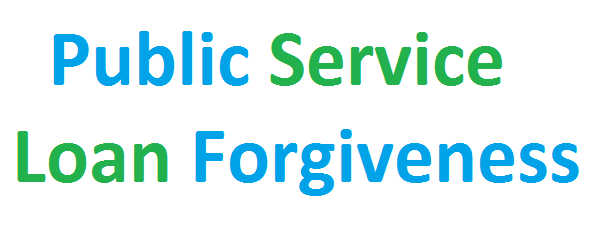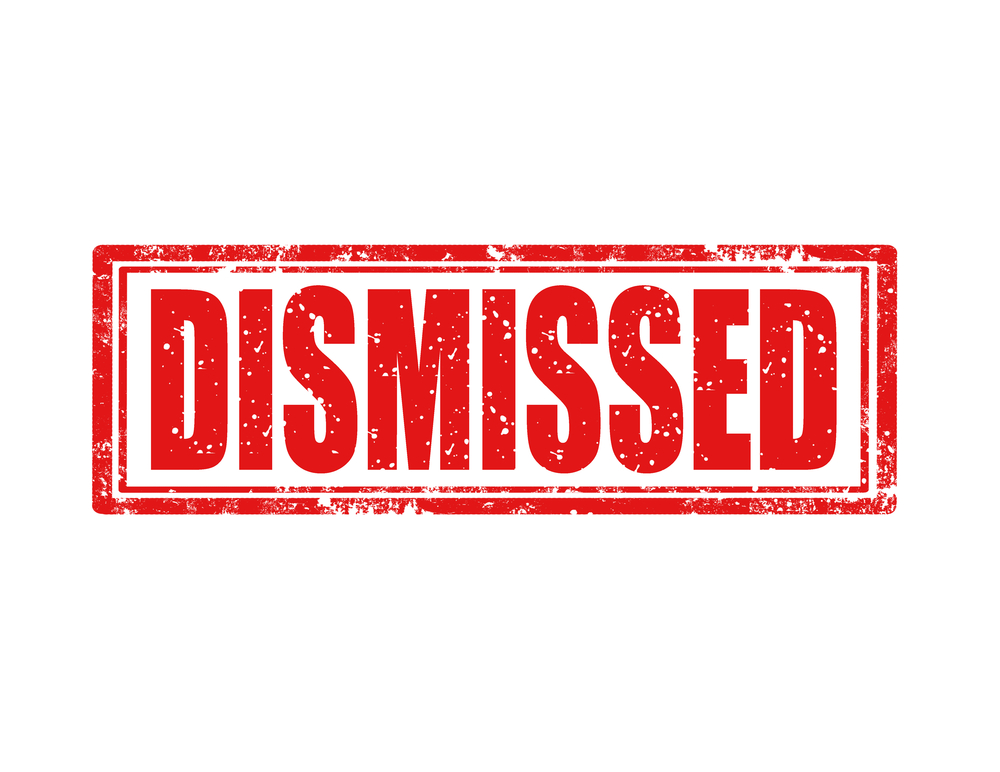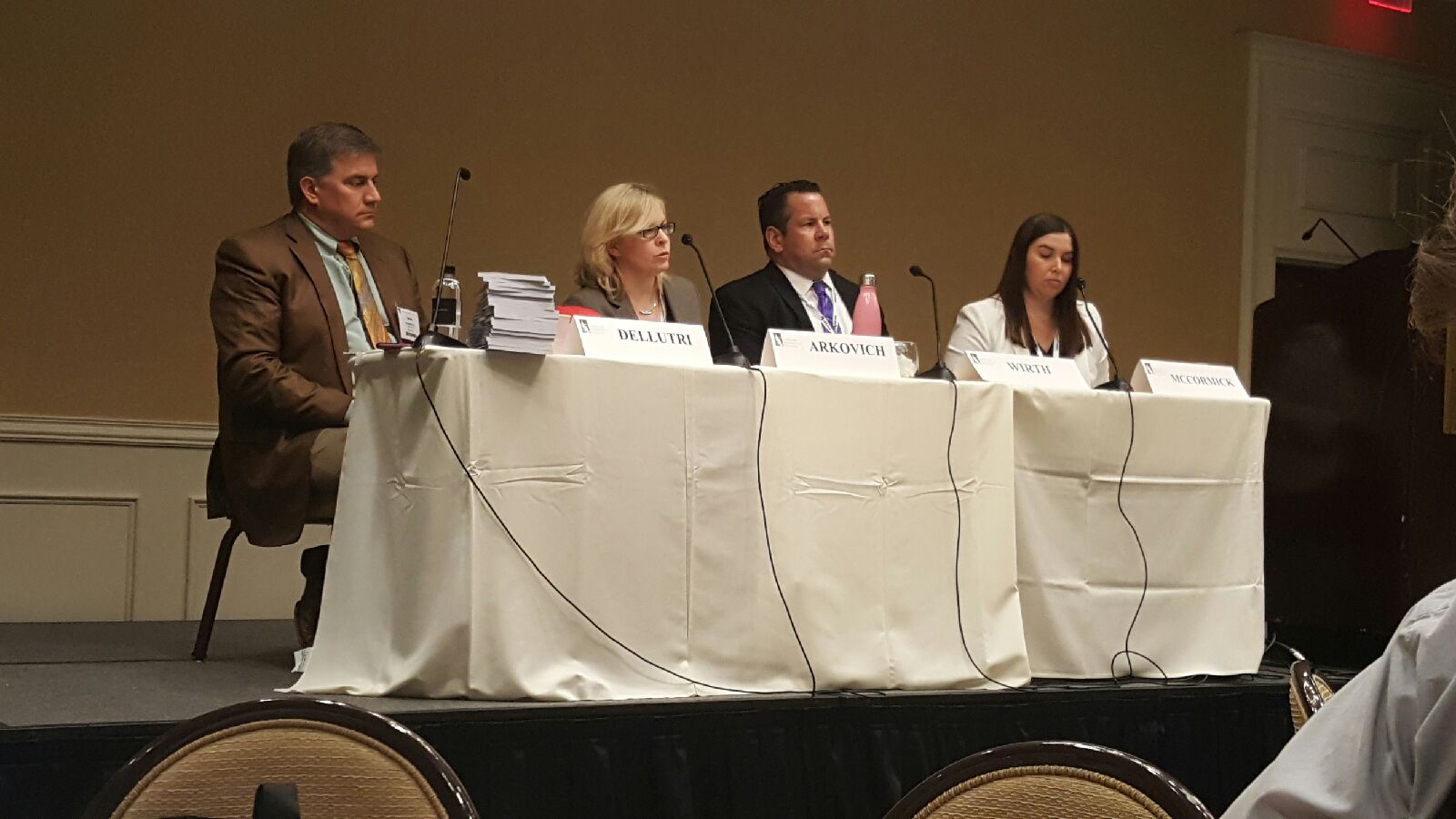 Unfortunately, some people feel they have no way out when it comes to their student loans. These are usually folks who have tried their best to pay for 10 or more years and are no further along than when they started. Most feel the debt will haunt them for their entire lives, until they die. Some have contemplated moving out of the United States or even thought about suicide. If this is you, please reach out to us. Our consultation is free and we can help 9 out of 10 people with their student loan debt. Those that we cannot help are usually ones that make too much money and can likely repay their loans anyway.
Unfortunately, some people feel they have no way out when it comes to their student loans. These are usually folks who have tried their best to pay for 10 or more years and are no further along than when they started. Most feel the debt will haunt them for their entire lives, until they die. Some have contemplated moving out of the United States or even thought about suicide. If this is you, please reach out to us. Our consultation is free and we can help 9 out of 10 people with their student loan debt. Those that we cannot help are usually ones that make too much money and can likely repay their loans anyway.
- Do you feel there is no way out?
- Is your loan balance increasing despite regular payments?
 Reboot Your Life: Tampa Student Loan and Bankruptcy Attorney Blog
Reboot Your Life: Tampa Student Loan and Bankruptcy Attorney Blog






